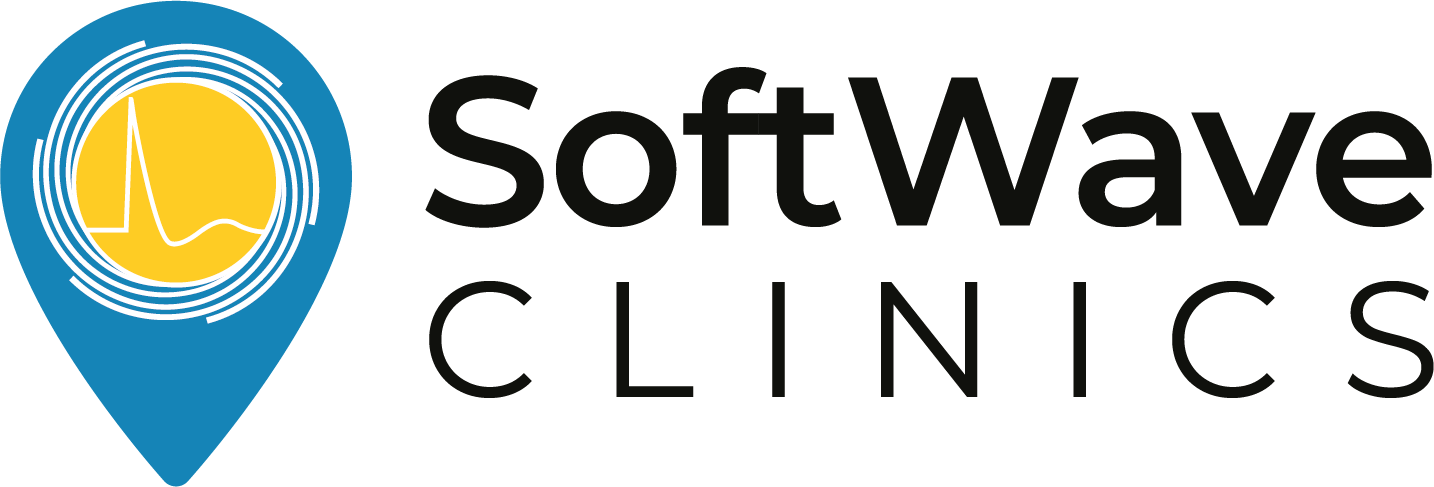Extracorporeal shockwave therapy (ESWT) minimizes ischemic tissue necrosis irrespective of application time and promotes tissue revascularization by stimulating angiogenesis
Objective: To assess the time-dependent treatment effects of extracorporeal shock wave therapy (ESWT) in a standard rodent ischemic epigastric flap model.
Background: ESWT has been shown to accelerate tissue repair in acute and chronic wounds and improve graft survival, but the mechanism remains incompletely understood.
Methods: Shock waves at 0.1 mJ/mm and 5 impulses/s (total 300 impulses) were applied to the epigastric flap ischemic region at various times pre-, immediately and 24 hours postischemic insult. Flap survival; vascular perfusion; vessel number; von Willebrand factor and smooth muscle actin protein expression as well as in vivo vascular endothelial growth factor receptor 2 expression were evaluated at 1, 3, and 7 days postoperatively in ESWT-treated and untreated controls.
Results: Flap perfusion, microvessel number, and survival (through reduced flap contraction and necrosis) were significantly enhanced in the treated groups compared with controls, irrespective of timing of shock wave treatment (preischemia vs. postischemia). Vascular endothelial growth factor receptor 2 expression was dynamically upregulated in response to ESWT.
Conclusion: Shock wave preconditioning and treatment postischemic insult improves skin flap survival through neovascularization and early upregulation of angiogenesis-related growth factors.
Mittermayer R, Hartinger J, Antonic V, et al.Ann Surg. 2011; 253(5):1024-32
